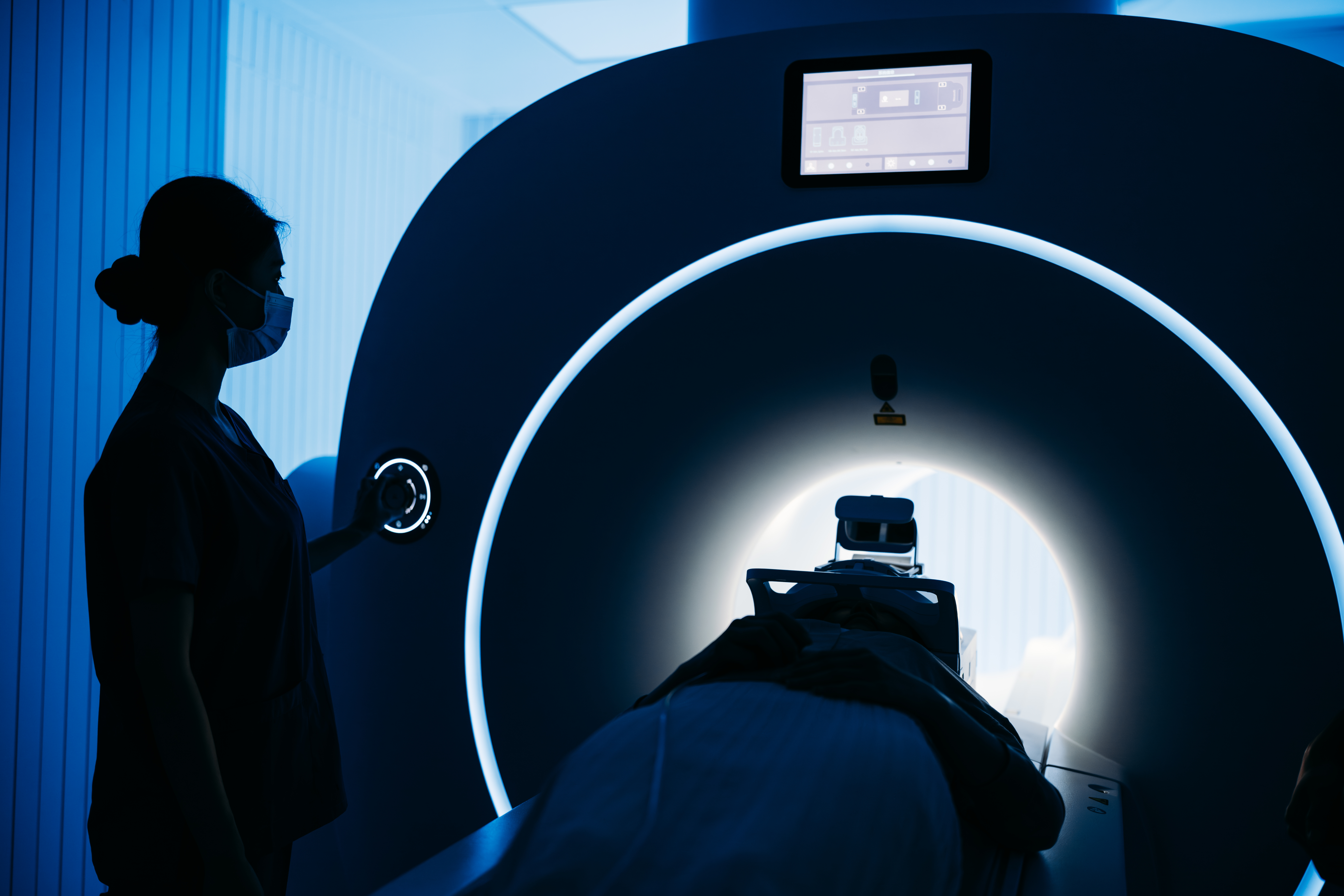
The SoR has thrown its support behind the BNMS and the IPEM to aid in their work to change registration policy for nuclear medicine technologists from voluntary to statutory.
Despite significant clinical responsibilities and roles in radiation safety, Clinical Technologists working in nuclear medicine are not statutorily regulated in the UK, unlike HCPC-registered radiographers.
While nuclear medicine technologists can apply to be on the Register of Clinical Technologists (RCT), this is a voluntary register.
'Ensuring quality and enhancing standards'
A spokesperson for the SoR said: “The SoR and radiographers working in nuclear medicine (NM) support their technologist colleagues in achieving statutory regulation, which is essential for ensuring quality and enhancing standards for both the workforce and patients.”
The SoR has warned that significant concerns have arisen regarding the government’s policy on healthcare profession regulation – which seems to undermine its commitment to public safety and protection.
Voluntary registers do not foster consistency in professional standards as many technologists opt not to participate, it emphasised, as they are not subject to legally enforced codes of conduct or disciplinary measures, leading to concerns around how cases of professional misconduct or negligence might be handled.
Employers are confused about whether a voluntary register may be mandated, and ‘clinical technologist’ is not a protected title, allowing unqualified individuals to freely use it.
The spokesperson continued: “This issue complicates the recruitment process for numerous vacant positions as there is no framework in place to guarantee that essential knowledge, skills, and competencies are met, especially given that many colleagues are trained overseas.
“Despite being a relatively small yet critical area of diagnostic and therapeutic services, nuclear medicine should not be disadvantaged because of its size or perceived lack of political influence.”
'These gaps undermine safety'
The Institute of Physics and Engineering in Medicine (IPEM) estimates that only around 50 per cent of clinical technologists register with the RCT and reports that, “half of the UK’s clinical technologists are therefore able to practice unregistered, even though their work can involve serious risk to patient safety and wellbeing, for example through the use of radiation in diagnosis and treatment; and can continue to practice even if removed from the voluntary register or sanctioned by their employer.”
In a letter from the British Nuclear Medicine Society (BNMS), the IPEM and the SoR, the professional societies warned: “These gaps undermine the safety of nuclear medicine procedures, patient trust and workforce sustainability.”
The letter emphasises that mandating statutory registration for technologists in nuclear medicine is essential to address these risks and uphold patient and staff safety.
Regulation would ensure all clinical technologists meet uniform standards, have consistency in training, competence and ethical standards and protect patients from harm by preventing unqualified individuals from performing high-risk procedures.
A statutory register would provide legal safeguards for staff, establishing clear professional boundaries and protecting the title ‘clinical technologist’, ensuring it is synonymous with verified qualifications and expertise.
By implementing consistent regulation, the UK can safeguard the future of nuclear medicine, ensuring the workforce is qualified, credible and accountable, while enhancing patient safety and trust in this critical field.
'Consistency in professional standards'
Rose Hazell-Evans, consultant radiographer in nuclear medicine and chair of the SoR's Nuclear Medicine & Molecular Imaging Advisory Group (NMMAG), said: "I support my technologist colleagues in their aim to achieve statutory registration. Nuclear medicine technologists play a vital role in delivering safe, high-quality diagnostic and therapeutic services, and regulation would help ensure consistency in professional standards across the UK.
“The current voluntary register, while valuable, is not mandatory; so, it does not provide a consistent framework for verifying knowledge, skills, and competencies. Statutory regulation would offer assurance to employers, patients, and the public. It’s also important for technologists themselves, as it provides formal recognition of their expertise, helps protect their professional identity, and ensures parity with other regulated healthcare roles.
“Given the complexity and responsibility involved in nuclear medicine procedures, it’s essential that regulation reflects the critical nature of the work. This is not only a matter of professional recognition but also of patient safety and public trust.”
(Image: Photo by Asia-Pacific Images Studio via Getty Images)
